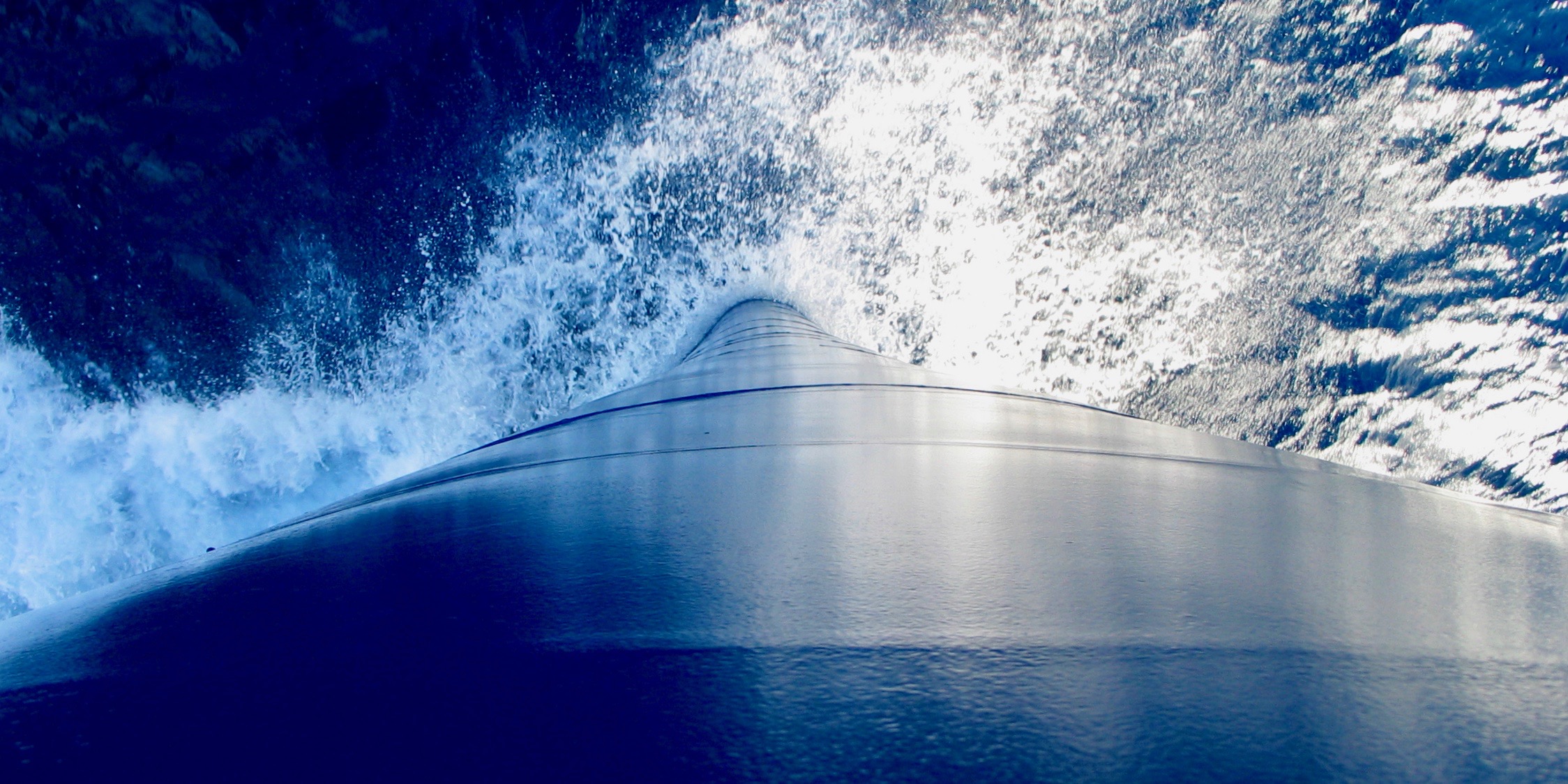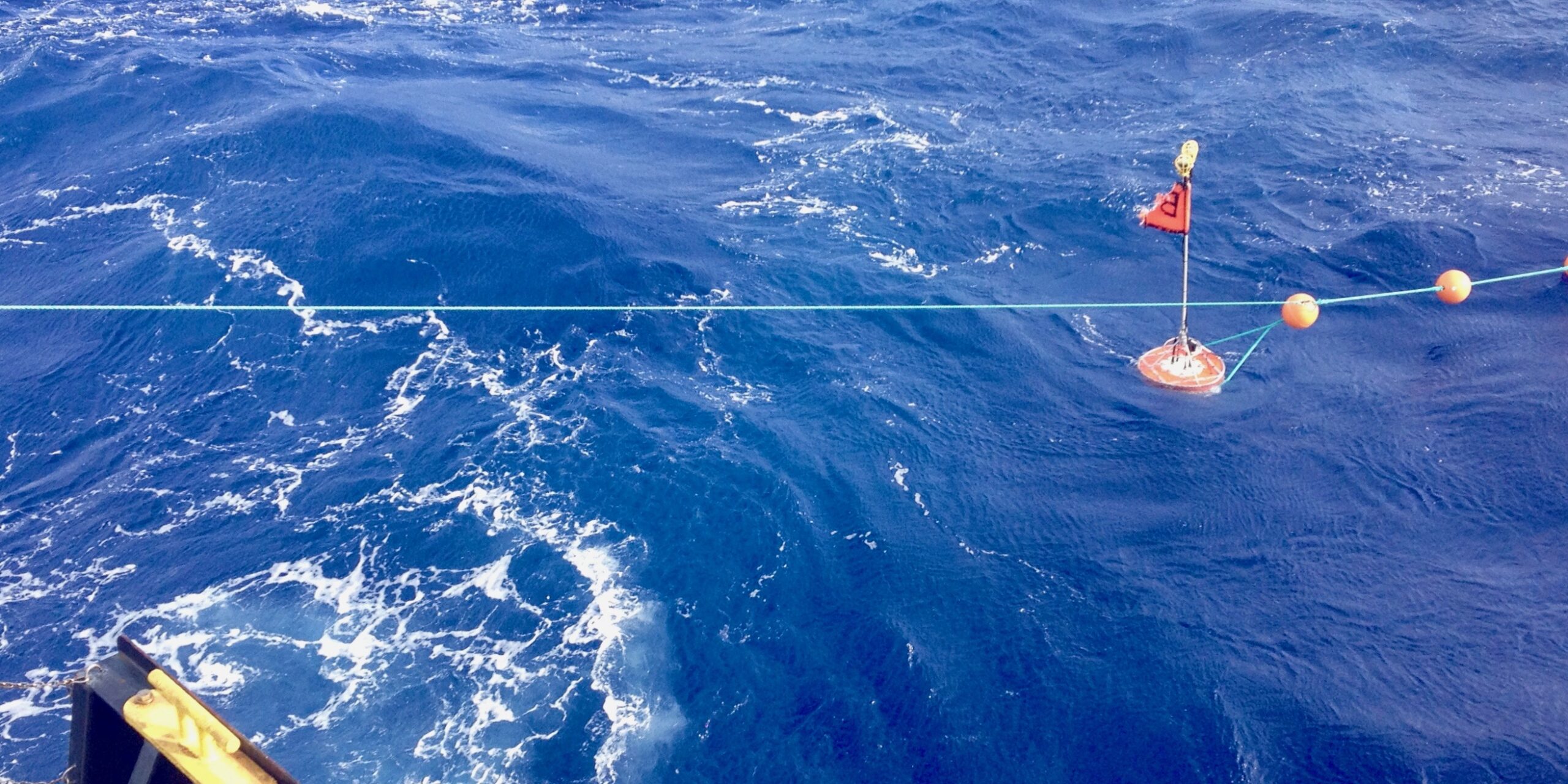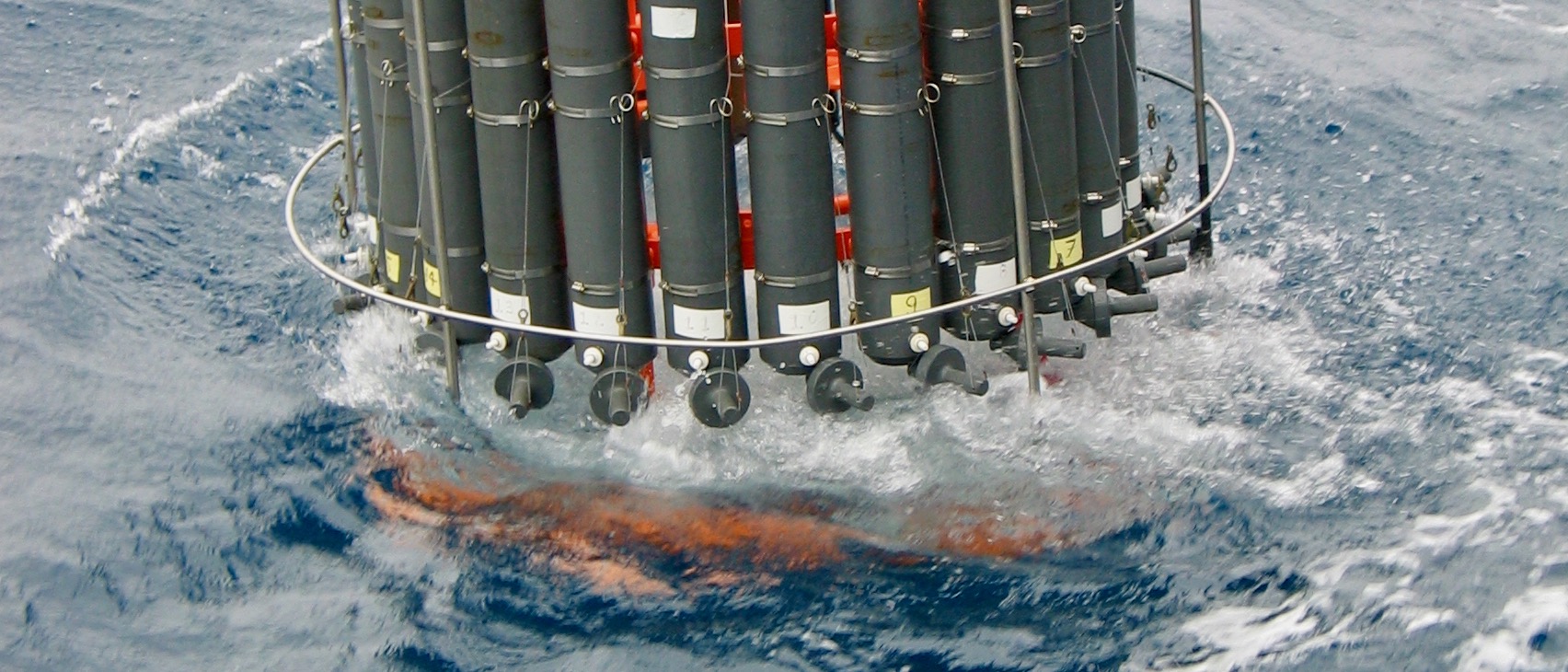ABOUT US
Research in the biological oceanography lab seeks to study the diversity and distribution of planktonic marine organisms (phytoplankton, zooplankton, bacteria, archaea, viruses) and to understand the processes that structure their populations and govern their activities. Most research focuses on phytoplankton, an important and diverse group of photosynthetic microbes at the base of ocean biological productivity. Phytoplankton fuel marine food webs, impact climate and biogeochemistry of important elements (nitrogen, silicon). Some phytoplankton produce toxins (harmful algae blooms, or HABs) though the reasons or conditions leading to toxic blooms are not well known. Phytoplankton population dynamics are impacted by access to nutrients and sunlight, ocean physics, mortality from grazing and viruses, and complex interactions with other marine microbes. One main focus of research in the lab is to develop incubation-free methods (molecular biomarkers) to probe the physiological status of phytoplankton populations in the field to enable high-resolution spatial and temporal measurements to better understand the factors that lead to bloom formation and demise, and bloom toxicity in certain species.
Diatoms are a particularly successful group of marine eukaryotic phytoplankton and some of the first to respond to nutrient inputs in coastal marine environments. As a group, they are the most well-developed phytoplankton model for genomics-based study. The pennate diatom Phaeodactylum tricornutum is currently the most studied representative, with a sophisticated genomic toolbox available for advanced study. A wide variety of fundamental research projects aimed at better understanding the biology of P. tricornutum, as well as in other emerging model phytoplankton are currently ongoing. This research is largely model organism focused and culture-based, combining classic approaches in algal physiology (growth rates, photosynthetic rates, photophysiology) with genome-enabled and high-throughput methods including transcriptomics, proteomics, metabolomics, metabolic flux labeling (stable isotopes), and genome scale metabolic flux simulation models.
The ability of photosynthetic organisms to make sugars, lipids, amino acids, and other compounds using only nutrients, carbon dioxide, and energy from the sun makes them a valuable feedstock for the production of renewable biomass suitable for energy (renewable biofuel) and food (for human consumption or in aquaculture). Applied research projects in the biological oceanography lab at MLML also focus on optimizing cultivation parameters and intrinsic traits of microalgae to address food and energy issues facing society, and to combat increasing atmospheric CO2 and climate change.
The Biological Oceanography lab at Moss Landing Marine Laboratories strives to be inclusive and welcomes applicants from diverse backgrounds and interests. This includes students of any age, race/ethnicity, sexual orientation, gender identity, or ability.
LAB NEWS
Dr. Sarah Smith, joined SJSU-MLML as an Assistant Professor in fall 2021, replacing Dr. Welschmeyer as the new biological oceanographer at Moss Landing Marine Labs.
As an alumnus of the Biological Oceanography lab at MLML (SJSU M.S. 2009), Dr. Smith has a deep fondness and appreciation for the strong community and quality of education it provides. She knows firsthand that the breadth and depth of exposure to marine science uniquely prepares students for a wide variety of careers.
Dr. Smith studied phytoplankton diversity in the Elkhorn Slough as a master’s student at MLML. As a PhD student at Scripps Institution of Oceanography (SIO) she used emerging molecular techniques to study gene expression patterns and carbon metabolism in diatoms. Her molecular work on diatoms became more ecological and evolutionary during a postdoc at SIO and at the J. Craig Venter Institute. Her ongoing research on nutrient-driven changes in diatom physiology using next generation -omics approaches has both applied and ecological significance.
PROFESSOR EMERITUS, DR. NICK WELSCHMEYER
Dr. Nick Welschmeyer, Biological Oceanographer, retired in January 2020. Dr. Welschmeyer served on the SJSU faculty in the College of Science at MLML starting in 1989, and has served as the major advisor for 24 SJSU-MLML alumni. He will remain at SJSU-MLML as an Emeritus Faculty and PI, continuing his research on the assessment of ballast water management and abatement of aquatic invasive species; this research has been conducted in collaboration with Cal Maritime Academy since 2010.
PROSPECTIVE STUDENTS
The application period for the 2023-2024 academic year has now closed. The Biological Oceanography lab will be accepting 1-2 students to start in fall 2023.
Sarah welcomes hearing from students interested in joining her lab. The Biological Oceanography lab will be accepting 1-2 students for the 2023-2024 academic school year, but students should note that funding is not available. Prospective students should be willing to provide their own financial support (tuition and living expenses). Prospective students are encouraged to write to Sarah prior to applying, about their interests and why they are considering the program and her lab at MLML. Tips for Contacting a Prospective Advisor. Formal interviews will be scheduled with qualified candidates following submission of a completed application, All applications will be considered equally, but please be advised that interview positions are limited and early submissions are encouraged. Please Note: Only students who apply to SJSU as their home campus will be considered.
You can reach her at sarah.r.smith@sjsu.edu




